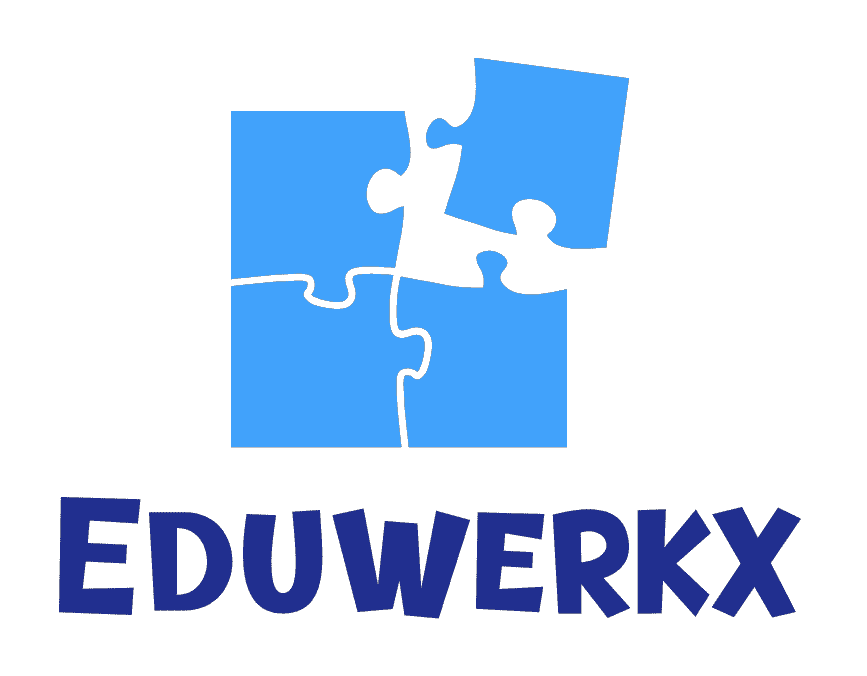
Building a strong foundation is like assembling a puzzle. If some pieces are missing or don’t fit, there will be gaps in your foundation, creating holes in your understanding. Confusing details and inconsistencies often arise between your expectations and reality.
It’s like using a made-up language to write code or trying to fit an elephant into a fridge, no matter how you force it, it just won’t work. This constant struggle creates a dead end, leaving you feeling drained, stressful and vulnerable to burnout.
You end up frequently falling and getting stuck in these holes, leaving you in a perpetual cycle of justifying your assumptions. This cycle of defensiveness prevents new information from filling the holes, draining resources that could otherwise be invested in strengthening your foundation. Overtime, this behaviour takes root and becomes a part of who you are.
Retaining knowledge can be a challenge when the foundation has many holes. New concepts take longer to grasp, coupled with a lack of interest in filling gaps stifles learning and curiosity. Making connections between information becomes difficult, leading to a sense of overwhelm, and ultimately hindering your ability to tackle complex tasks effectively.
A strong foundation can be built by filling those gaps to achieve a more complete picture. This isn’t a one-time fix, it’s a gradual process fuelled by consistent learning, regular skills practice, persistence and feedback.
Just like how babies struggle with their first steps, the result of consistent practice continually reduces the amount of mental effort required until it reaches a stage of unconscious competence. The knowledge becomes a part of you where you use it unconsciously and effortlessly, without even realizing it’s there.
Our brains have two distinct ways of thinking, often referred to as the “fast brain” and the “slow brain”. The fast brain, also known as intuition, is like a quick decision-maker on autopilot. It rapidly scans through your past experiences, knowledge networks and unconscious competence to give you a decision shortcut.
While it is great for making quick decisions, reacting to danger and social interactions. Its accuracy is prone to personal biases, emotions, lack of information and feedback. The more skills, knowledge, experience and feedback you gather, the more accurate is your ability to understand something instinctively.
Just like Artificial Intelligence (AI), the quality and accuracy of the decision it gives is highly dependent on the information it has been exposed to. You cannot expect the AI to give accurate answers when it has been trained with limited or poor data.
🔍Learning too slow? Unsure of what to do to speed up your learning? Follow to find out more in part 13 of our learning journey.
#StayTuned #eduwerkx #education #edtech #aitutor #introvert #extrovert #gamification #stimulation #effectivelearning #studytechniques #burnout #intuition
